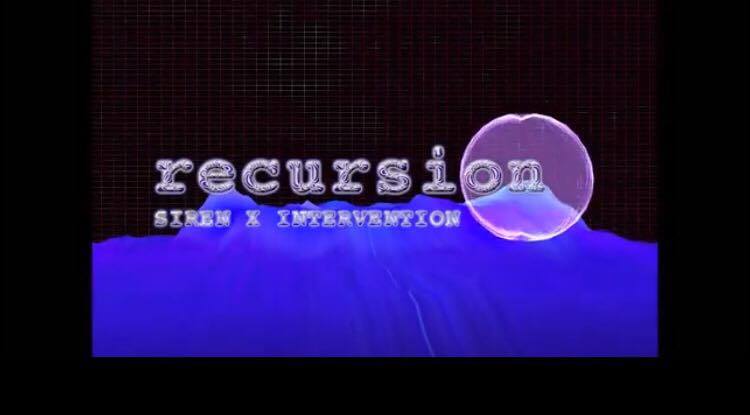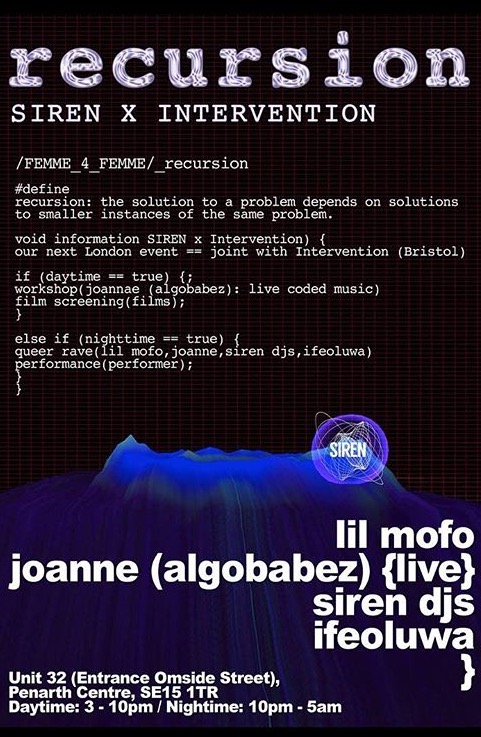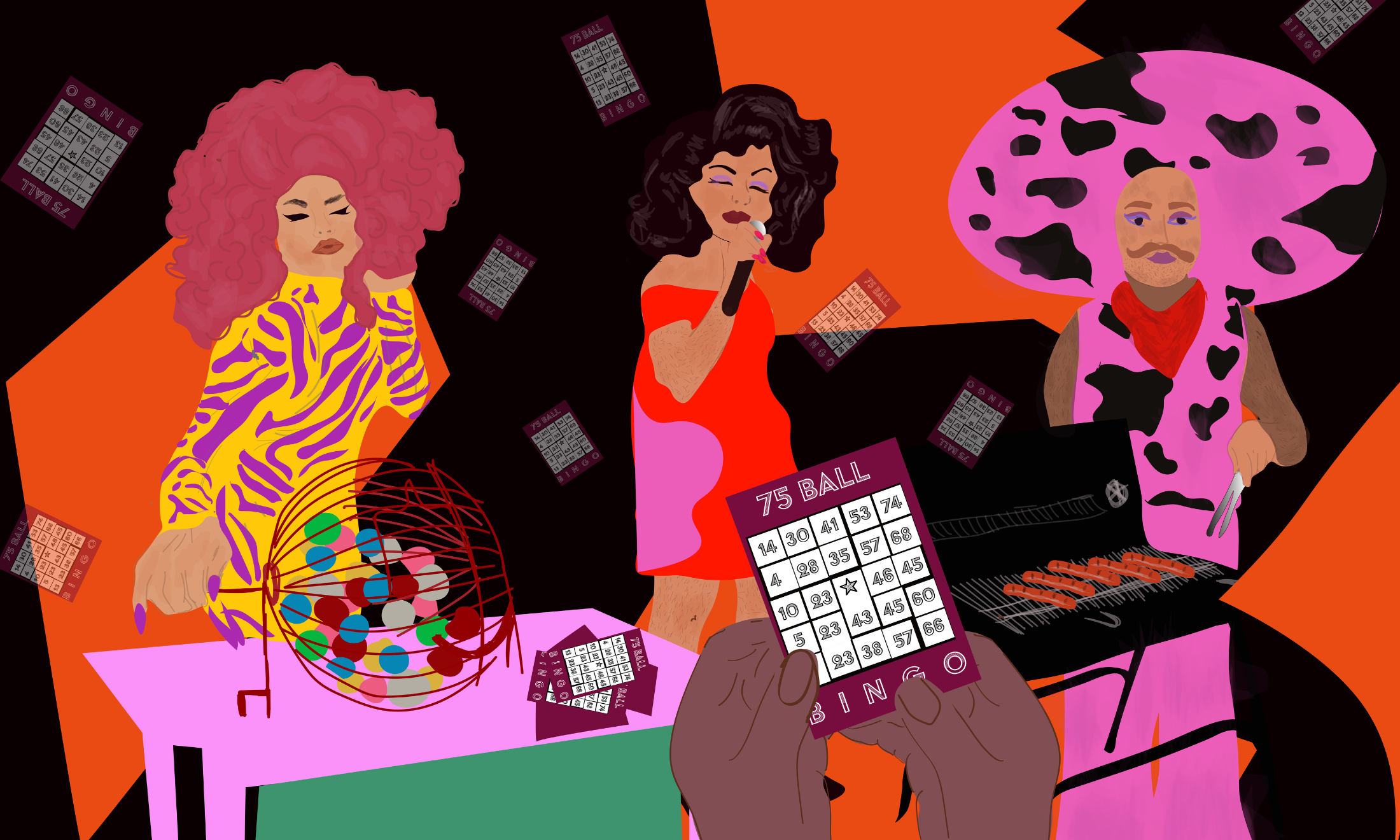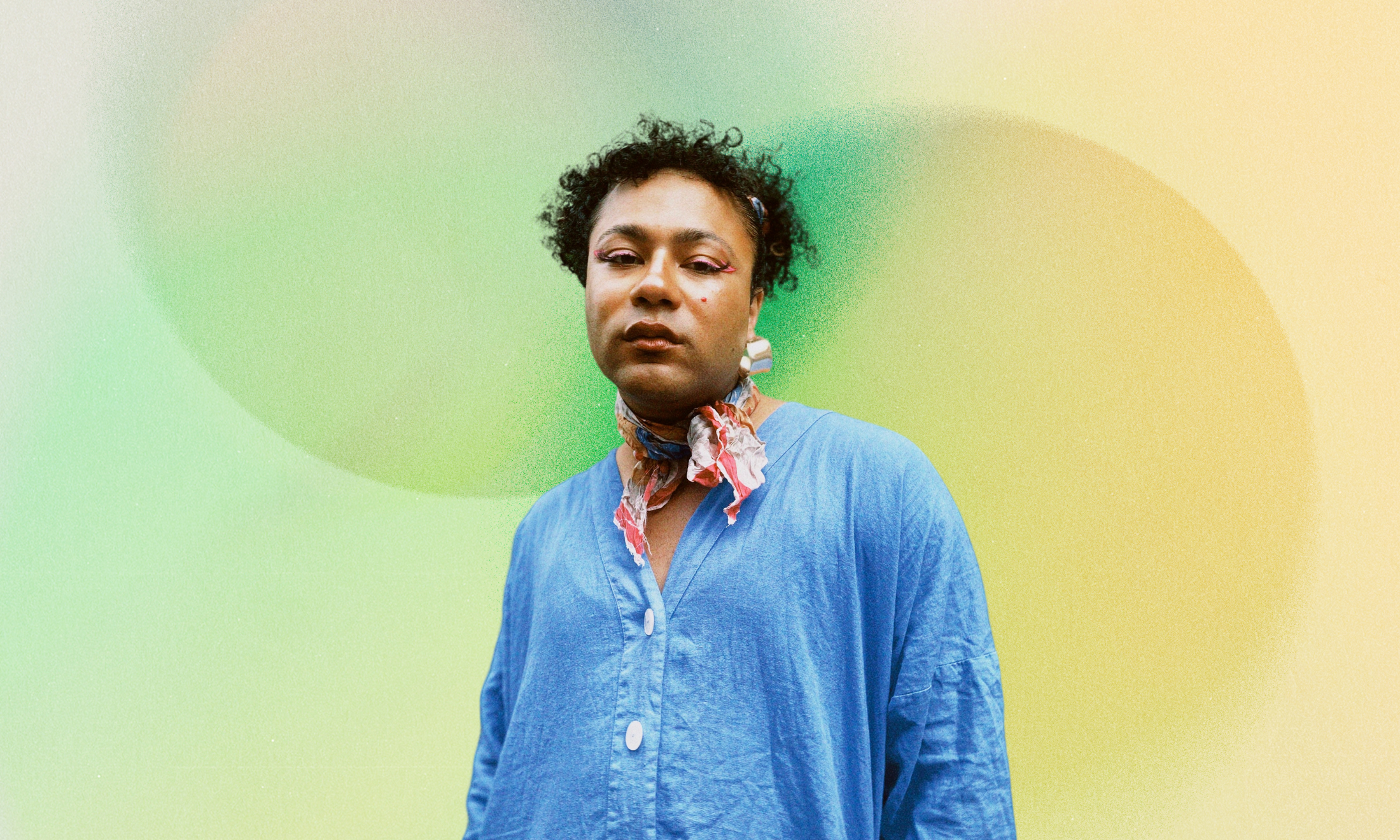
I saw #femaledj pop up on social media the other day, with various white women proclaiming that they can in fact mix as well as the boys. It’s no secret that the music industry is dominated by white men, it has been like this since its conception. However, centering both your gender and race together as criteria for success, not only devalues your hard work but it sends out the message that there is certain criteria for success. This is to the clear detriment of women of colour, subtle ways of affirming what characteristics are needed to be a successful “#femaledj” is all around us.
The Always advert for adventurous women featured a white, conventionally attractive DJ or the promoters that somehow are unable to find any women of colour to add to their line ups. These are two explicit reminders that we still have a long way to go if we wish to achieve anything that resembles equality in dance music. Let’s not forget what we’ve seen with The Black Madonna, you can claim to stand for equality, pull a Miley Cyrus, dismiss it once you’ve profited from it and become a very well-known artist, publically mock AAVE (African American Vernacular English) and still be hailed as a feminist hero.
When you think of “woman” or “female”, your thoughts are likely to immediately assume she’s white and most probably straight. This is the default in our society. No other descriptions are needed. You are considered part of the norm and more easily and more readily accepted. That’s not to say it doesn’t come without its challenges but if you’re given a ladder that takes you to the top of the glass ceiling, it won’t exactly be hard to break it. Calling your collective, Boys Club or Little Boys Club, is not only trans-exclusionary but it also shows a grave misunderstanding of how the power dynamics between genders manifest itself in various ways.
The barriers facing women of colour, not to mention queer or disabled folx remain and are in fact lifted for white women by the same white men collectives such as Rhythm Sister complain so passionately about. If your collective looks like a healthcare ad in the back of the Guardian’s lifestyle magazine or the cover of Cosmo, you’re probably exclusionary by nature. Adhering to the white gaze isn’t easy and for that, you have my utmost sympathy. It must be difficult to throw your fellow women of colour under a bus for the sake of career progression. I get it, being a mediocre DJ is more important than equality on the dance floor but do me a favour and stop using us as props. You cannot call yourself a feminist if you do not address the issues facing all women and you need to do more than simply add a description to your page stating that women are welcome. Navigating through white spaces as a woman of colour is tiring. It means sitting through hours of Becky feminism and having your existence pop up as a mere afterthought.
Collectives playing music rooted in the oppression of queer black people in clubs, cultures and histories that they have no connection to and using it to profit themselves, is neo-colonialism. Excluding the very people who you claim you want to “help”, but still gaining financially or socially is white saviour nonsense – miss me with your performative allyship. If you are not lifting up women of colour, you are adding to our subjugation. You can post as many times about how you’re truly for equality but unless you actively seek out and challenge white normativity, you’re part of the problem.
Decontextualising dance music is a form of oppression and erasure. Continuously asking straight white men to play music which is heavily steeped in the marginalisation of queer black folx, sends a stark reminder that their form of expression which is key to survival, is worthless and only exists to be commodified. By doing this you’re replicating centuries of cultural imperialism and colonial interpretations of cultural value. The tired excuses of “there are just no women or black people in dance music” is lazy and redundant, aside from being false. Dance floors were once, briefly, a safe haven where black people and queer folx could come together and express themselves freely outside the parameters of white heteronormativity.
Dance floors are dangerous places for people of colour. The amount of times I have witnessed clear racist and sexist attacks that have been dismissed as merely drunk or drug fuelled behaviour is astonishing. By doing so, you’re not only gas-lighting people who you consider your friends, you’re dismissing their lived experiences and the different forms of violence they have faced… casual racist remarks, entitled sexual harassment of women of colour, prevalent anti-blackness and Othering from white LGBT performers and attendees. Decolonising the dance floor is therefore the only way forward, a simple quest for equality doesn’t work. We saw it during the 60s, 70s, 80s and so forth. We saw it with white women voting for Trump and for gay white men supporting right wing policies.
These are the reasons why I started Intervention. It serves as more than just DJ workshops, across the UK, I have connected young people of colour with similar musical interests. Intervention is a platform that doesn’t seek to silence but to uplift. Some attendees decide not to take part and mix but to simply be around like minded people who face the same daily struggles they do. It is an environment that takes dance music back to its roots with queer/non-binary folx and people of colour strategising ways of progressively moving forward during times of uncertainty is powerful and a clear act of resistance.
Taking place monthly, there are guest DJs who attend the workshops to teach individuals who would never normally have the opportunity. At the end of April, Galtier, a Bristol based DJ, helped explain the technical side of mixing and also a short history of the music he plays out – Jersey and Baltimore-influenced club trax.
Taking our form of resistance to the spaces that exclude us, Intervention have teamed up with London-based queer collective SIREN to put on a day of film screenings, performances and DJs under the title Recursion. It is the method of both educating and skill sharing that will decolonise the dancefloor. On Friday 28 July, we will be part of the Tomorrow’s Warriors & Serious youth take over at Rich Mix, showing a series of short films relating to identity, a Q&A and a series of mini DJ workshops for those who would like to try it out on the day.
Click here for more information and tickets for Recursion, in collaboration with SIREN
Click here for more information and tickets for the Rich Mix Youth Takeover programme.










